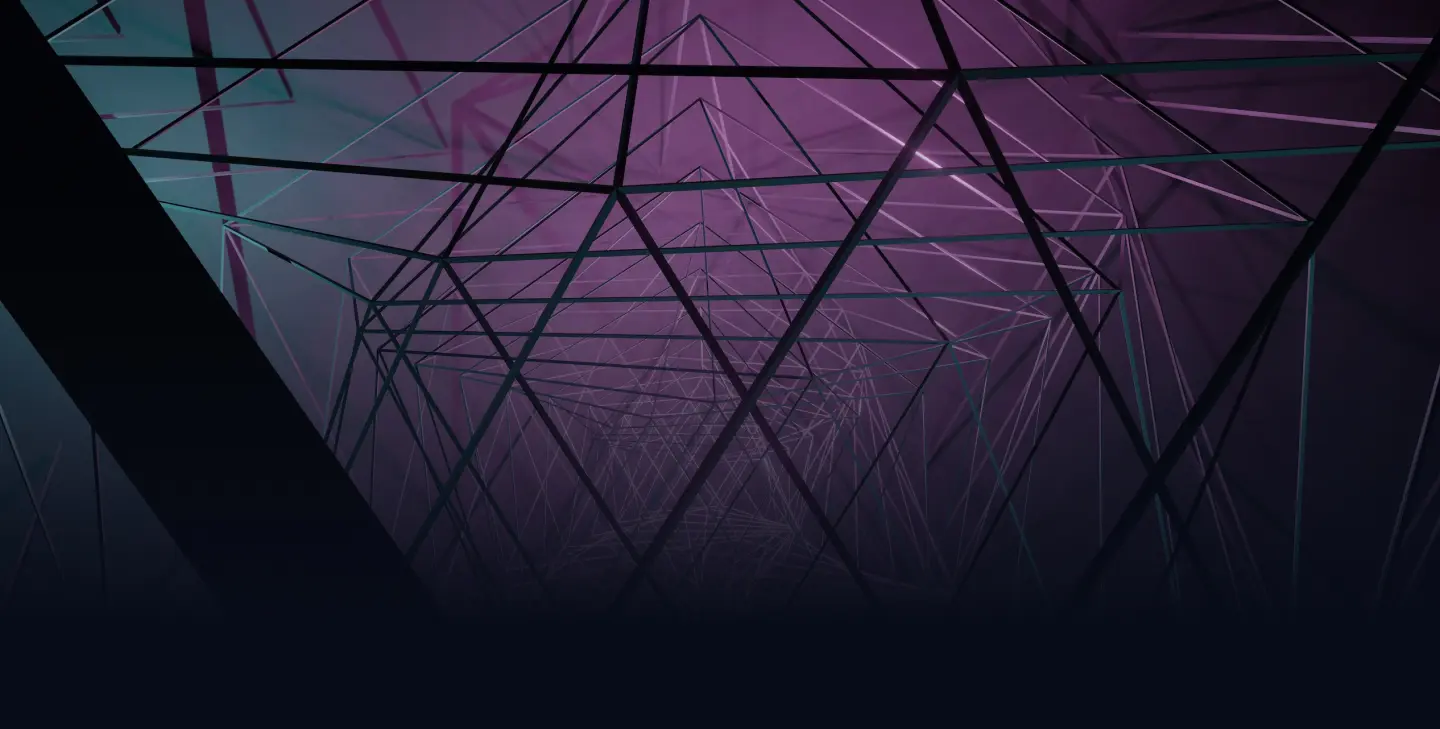Filter By
for All profiles
Be aware of scammers impersonating as IMDA officers. Government officials will NEVER call you to transfer money, disclose bank log-in details or request for your personal information. For scam-related advice, please call the ScamShield Helpline at 1799 or go to www.ScamShield.gov.sg.

This is our vision for the future of digital, and how we are bringing it to life.